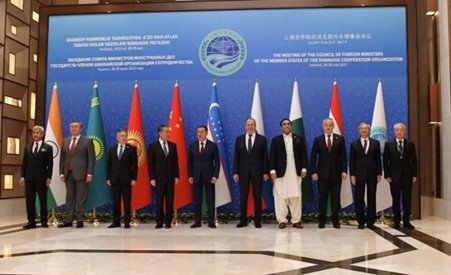
The Shanghai Cooperation Organisation (SCO) Meet In Goa – Substance Or Cosmetics?

In September last year, when India assumed the rotational chairmanship of the Shanghai Cooperation Organisation, it formally invited all the members to the Foreign Ministers’ confabulations. Inevitably, the list of invitees included China and Pakistan, two countries with which India shares geography and, unfortunately, intractable acrimony. That meeting is scheduled for May 4, 2023 to May 5, 2023, at a resort in Benaulim, Goa. Among others, conspicuous by their presence, will be Chinese foreign minister Qin Gang and his Russian counterpart Sergey Lavrov.
The run-up to this event has not been without drama. In March, India decided to block Pakistan’s participation in a seminar organised under the aegis of the SCO. The trigger for this move was the depiction of Jammu and Kashmir on a map. India and Pakistan had irreconcilably divergent views and that led to Pakistan skipping the event under protest. The seminar titled ‘Military Medicine, Healthcare and Pandemics’, went ahead and was conducted by the Manohar Parrikar Institute for Defence Studies and Analyses. The other SCO members and observer states participated in the seminar. Thankfully, the spat did not cast a long shadow on the SCO Meet and Pakistan’s Foreign Minister, Bilawal Bhutto Zardari is expected to represent his country.
While the participants would focus on the agenda for the conference, the world will perhaps be even more interested in watching the action happening on the sidelines. Several such combinations are possible – China and Russia over Ukraine, China and India to discuss the ongoing issues along the Line of Actual Control, and, of course, India and Pakistan to attempt to thaw the pall of frost that has settled over the bilateral relations. But will any of these lead to substantive progress, even if the meetings materialise in the first place?
But first, let us turn our attention to the stated goals for this conference. The SCO was born out of the earlier regional arrangement called the Shanghai Five. A new charter was signed in 2002 by the member nations to deepen economic and political relationships. In 2017, India and Pakistan joined as full-fledged members, expanding the membership to eight. Several other countries including Afghanistan, Iran and Belarus hold observer status.
SCO has a multi-level engagement arrangement. While at the very apex are the Council of Heads of State and Council of Heads of Government (typically the Prime Ministers), the Council of Foreign Ministers is next in line and is expected to meet regularly for issues of regional concern.
India views SCO as an important platform to further its national interest and regional agenda. In the previous meeting of the Heads of State Council, Prime Minister Modi had put forth the idea of the creation of reliable, robust, and diverse supply chains by the member states. This concern, no doubt, had arisen partly from the widespread disruption of logistical chains during the pandemic. On this forum, India has also been advocating its interests in the prosperous Central Asian area by capacity-building its countries. One of the concerns that will undoubtedly be expressed by India relates to coordination of the counterterrorism efforts. India is also likely to urge members to help foster greater stability in Afghanistan, a country with which India has built better ties since the Taliban takeover than was previously anticipated. Security and economic concerns are thus likely to occupy centre stage in the Goa dialogues.
But away from the formal glare, politics and geopolitics are likely to be the dramatis personae. The forum will afford opportunities to several countries to reduce existing tensions. It remains to be seen, however, if that nettle will be grasped by the affected countries.
The top of that unwritten agenda could be a meeting between China’s Qin Gang and Sergey Lavrov of Russia. It is common knowledge that China has thrown its hat into the ring to solve the Ukraine conundrum. During the first year of the conflict, China had unabashedly shown its support for Russia. Xi Jingping even visited Putin as a mark of friendship. Of late, however, China appears to have pivoted towards a role of a peacemaker, a mantle that will give it greater leverage in Eurasia. On the anniversary of the ‘Special Operations’ China had put forward a 12-point plan to bring peace between the two warring countries. In reality, it was a laundry list of homilies and not a plan in any shape or form. But China’s efforts gathered momentum when French President Macron publicly stated that China was in the preeminent position to end the war. That nudge was followed by a phone call from Xi to Zelensky. The readout of that call is instructive. While Xi made no effort to obfuscate China’s “no-limit friendship” with Russia, interestingly he stressed “sovereignty, independence and territorial integrity of all countries, regardless of whether they were weak or strong, rich or poor”. This is a mild rebuke for Russia and perhaps signals the Chinese intent to work towards a ceasefire and negotiations. This may become the most significant bilateral discussion during the Goa Meet.
Another bilateral meeting that is unlikely to take place at all is between India and Pakistan. Several recent incidents have queered the pitch. The cancelled invite to the seminar has already been mentioned. In the previous month, a terrorist attack at Bhimber Gali, close to the Line of Control with Pakistan killed five Indian soldiers. It is inconceivable that India will ignore that incident and agree to hold a dialogue. The internal situation in Pakistan too militates against such a meeting. The recent revelation by journalist Hamid Mir that Pakistan’s previous Army Chief had been suing for peace to a point where an agreement over Kashmir was on the horizon has not gone down well with the hawks in that country. Tweeting a summary of his thoughts, leading journalist Mosharraf Zaidi recently exhorted the Pakistani foreign ministry establishment to treat SCO with respect but not let it become an India-Pakistan “circus”. In any case, Pakistan’s Shahbaz Sharif government is beleaguered due to Imran Khan’s unrelenting political attacks and the former cannot afford to look weak to the domestic constituency at this point.
Soothsaying in the realm of geopolitics can be imprudent, but it may be safe to say that India and Pakistan will make no breakthrough during the SCO meeting. The same prognosis is likely to hold for India and China. Recently, when the Chinese foreign minister Li Shangfu arrived in India, Hu Shisheng, Director of the Institute of South and Southeast Asian and Oceanian Studies at the China Institutes of Contemporary International Relations (CICIR) wrote a strident commentary on the Chinese social media site Weibo. “In China’s view, the Galwan Valley incident is the inevitable result of India’s long-term violation of the 1993, 1996, and even 2005 and 2013 agreements”. Hardly the words that portend reconciliation anytime soon. 18 rounds of interactions between the two armies have largely proved to talk about talks.
Progress over issues that concern the entire region may happen. As in similar conferences, a few agreements may be inked and the road ahead paved with good intentions. But when it comes to India’s most pressing concerns over the security of its borders, a reading of ‘tea leaves’ indicate that the ground may not shift at all during the SCO meeting in Goa.
Disclaimer
The opinions expressed in this article are the author’s own and do not reflect the views of Chanakya Forum. All information provided in this article including timeliness, completeness, accuracy, suitability or validity of information referenced therein, is the sole responsibility of the author. www.chanakyaforum.com does not assume any responsibility for the same.
Chanakya Forum is now on . Click here to join our channel (@ChanakyaForum) and stay updated with the latest headlines and articles.
Important
We work round the clock to bring you the finest articles and updates from around the world. There is a team that works tirelessly to ensure that you have a seamless reading experience. But all this costs money. Please support us so that we keep doing what we do best. Happy Reading
Support Us



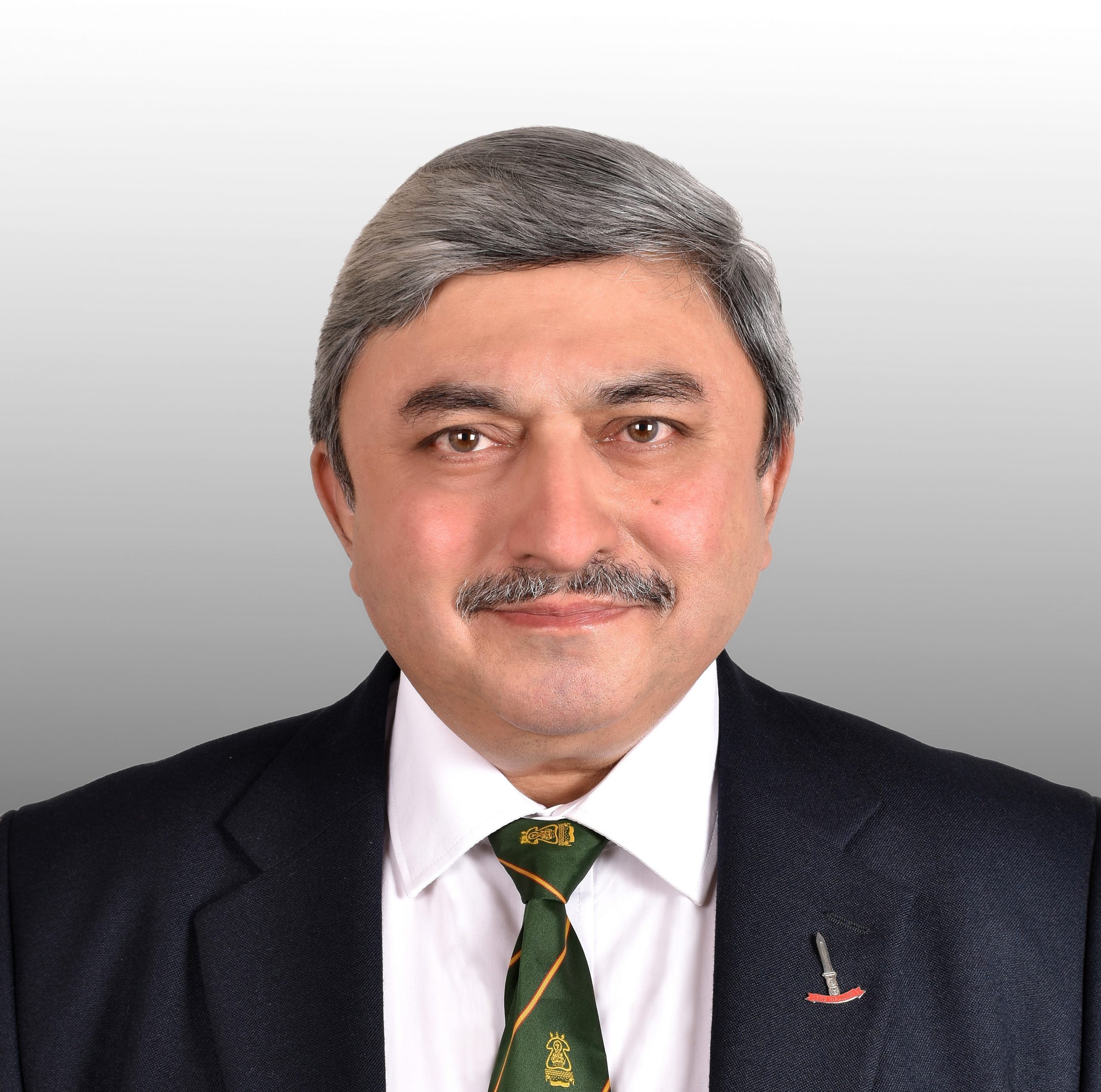


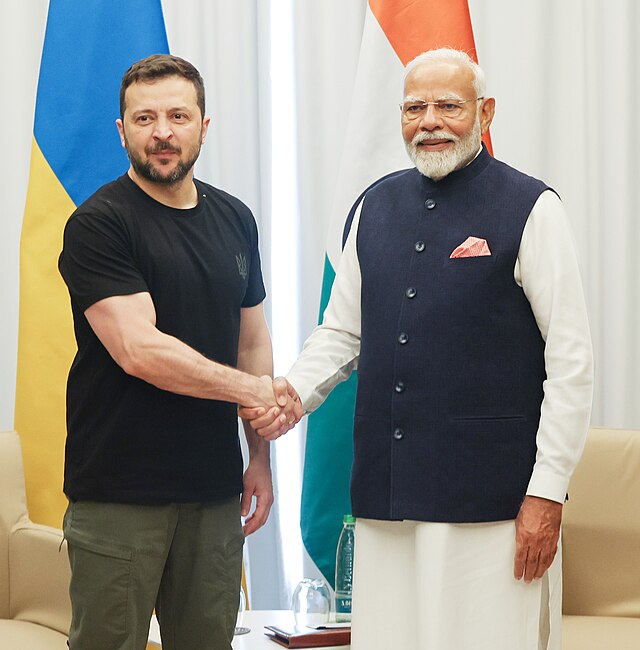
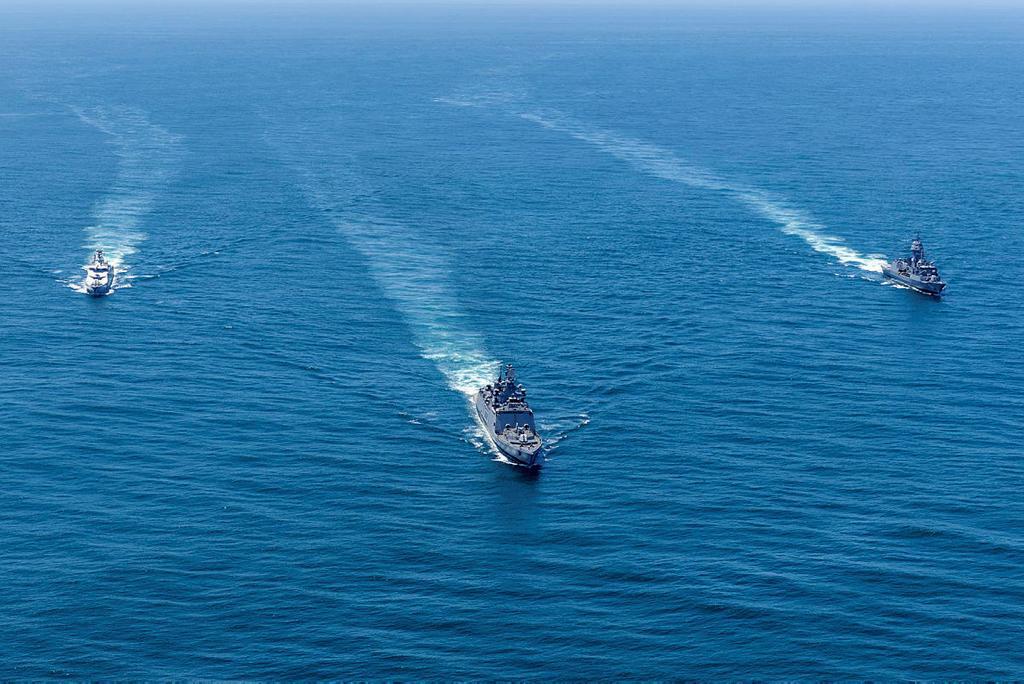
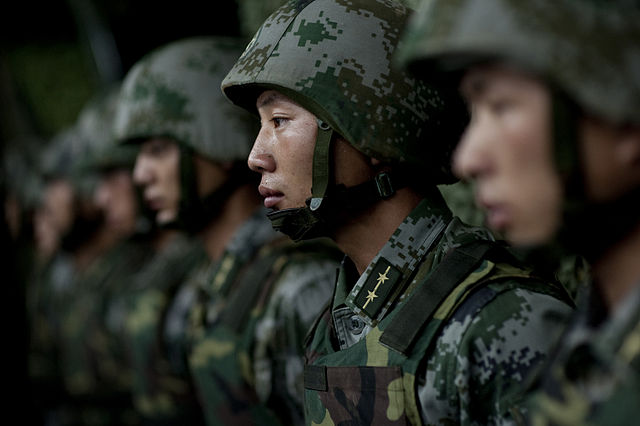
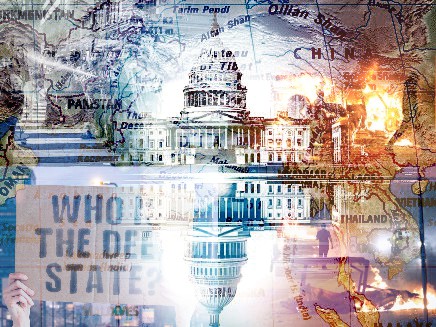

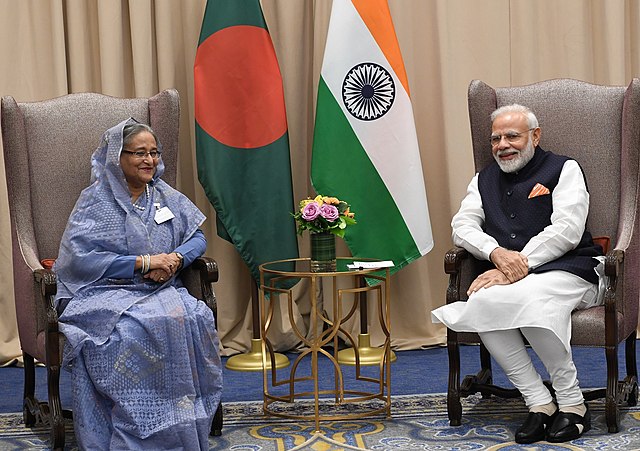
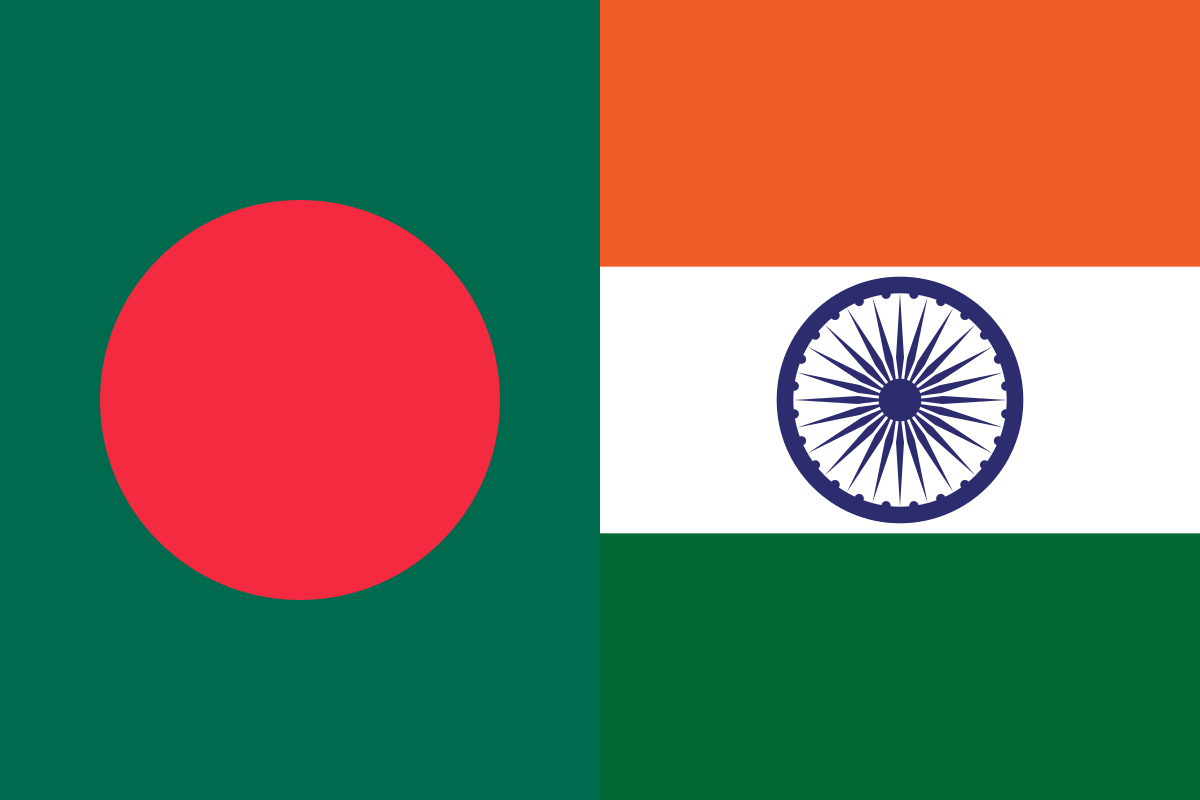
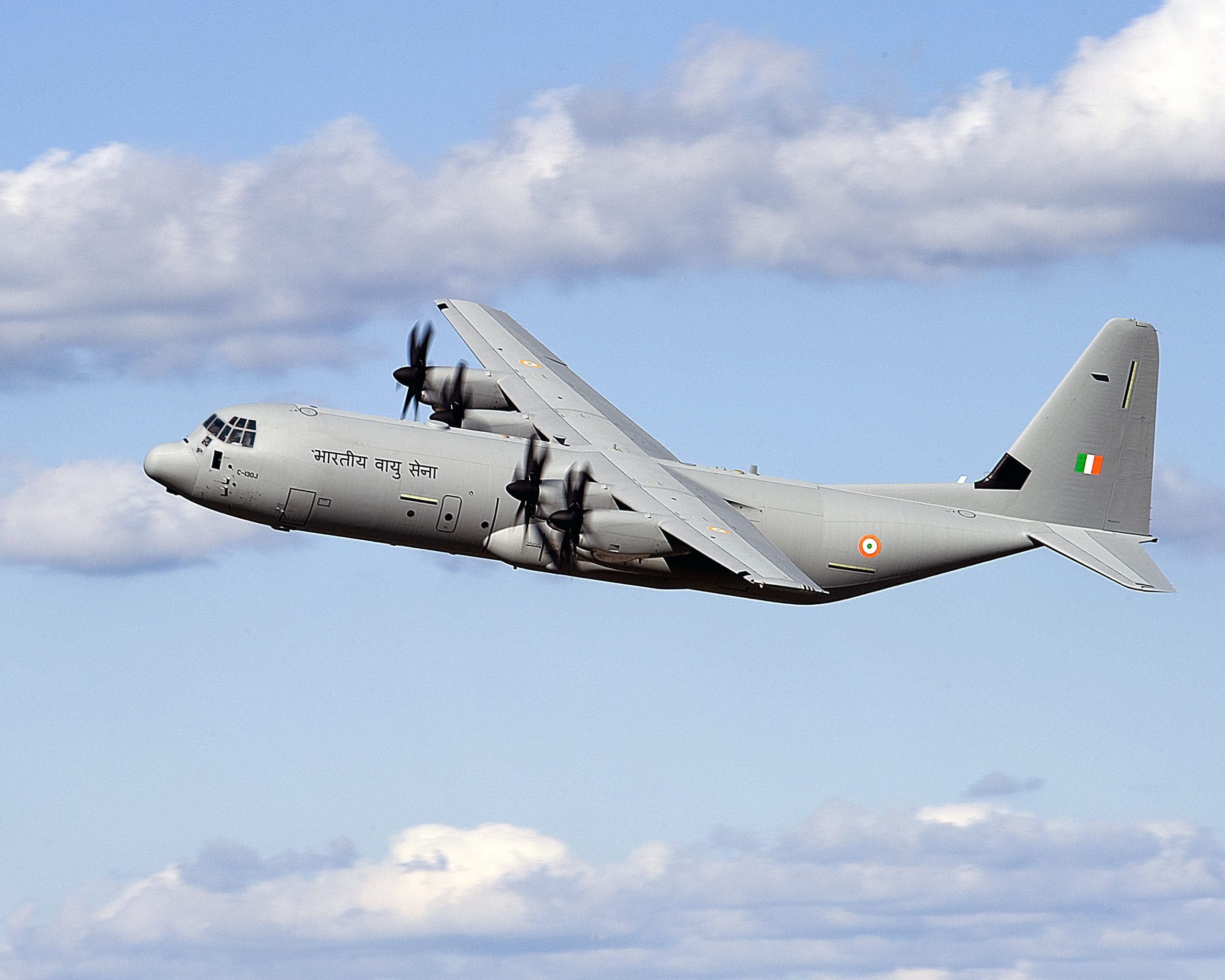







POST COMMENTS (0)